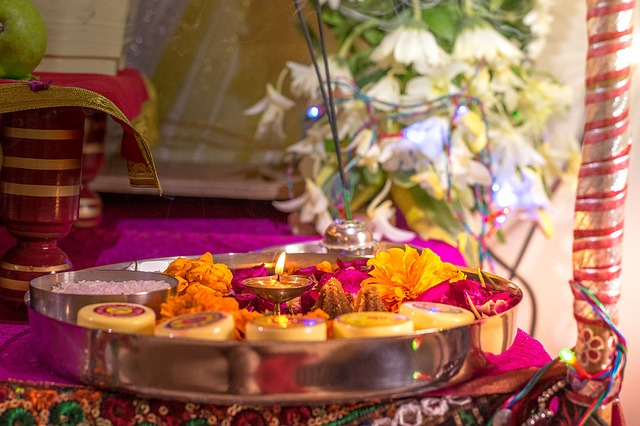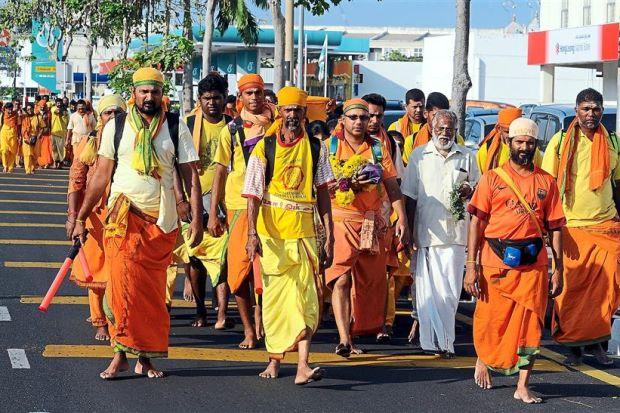In what could be a jolt to the religious sensibilities of one of Malaysia's prominent minority communities, local authorities of a city have ordered the removal of a Hindu temple with a century of history behind it, from its spot.
This shrine, the Shree Madurai Veeran Temple, is located in the city of Alor Setar and happens to be situated opposite the railway station of the town. The person who manages the temple, C Vijhay Mohen, informed the media about the notice that has been served to the temple's caretakers.
History of the temple
Mohen has a familial link to this place as it was his great-grandfather who established this particular place of worship. It was in the course of working on the construction of the railway line which runs from Butterworth towards the norther areas that Mohen's great-grandfather requested the authorities to let him establish the temple beneath a tree.

The railway authorities, at the time, allowed the temple to be established and since then, it has stood there. However, the shrine hasn't been able to get registered due to its comparatively small size and therefore not fallen under any legal protection.
Authorities Swing into Action
As a result, the City Council of Alor Setar deemed the site illegally occupied and ordered Mohen to remove it from there. Despite his repeated attempts to meet the authorities and also dispatching a letter to them, there hasn't been any reply.
The situation has worsened now with a period of 10 days being given to the temple manager to clear the site. The reason for this move is the construction of a road.

"I met the Menteri Besar (Chief Minister) but he said we had a month to clear out. A day later, his special officer called to say we have 10 days to clear the shrine. Where are we going to go? Our shrine merely takes up 10 feet by 3 feet of space. Can't they offer us another piece of land nearby?
"The shrine ought to be kept alive in remembrance of the blood, sweat and tears of the Indian labourers who built the railways," Mohen told Free Malaysia Today.
Possible Ramifications
It would be interesting to see whether this issue gains wider attention. Last year, relations between India, a Hindu-majority nation, and Malaysia became sour when the then Prime Minister Mahathir Mohamad criticizsed the Indian government for its decision to take away the special status of Jammu and Kashmir, a Muslim-majority province in North India also claimed by Pakistan.
Hindus, who comprise 6.9 percent of Malaysia's population, maybe unhappy with this decision if it becomes a larger issue. That may lead to a reaction from the current ruling dispensation in India which is regarded as 'Hindu Nationalist' by foreign media outlets.









